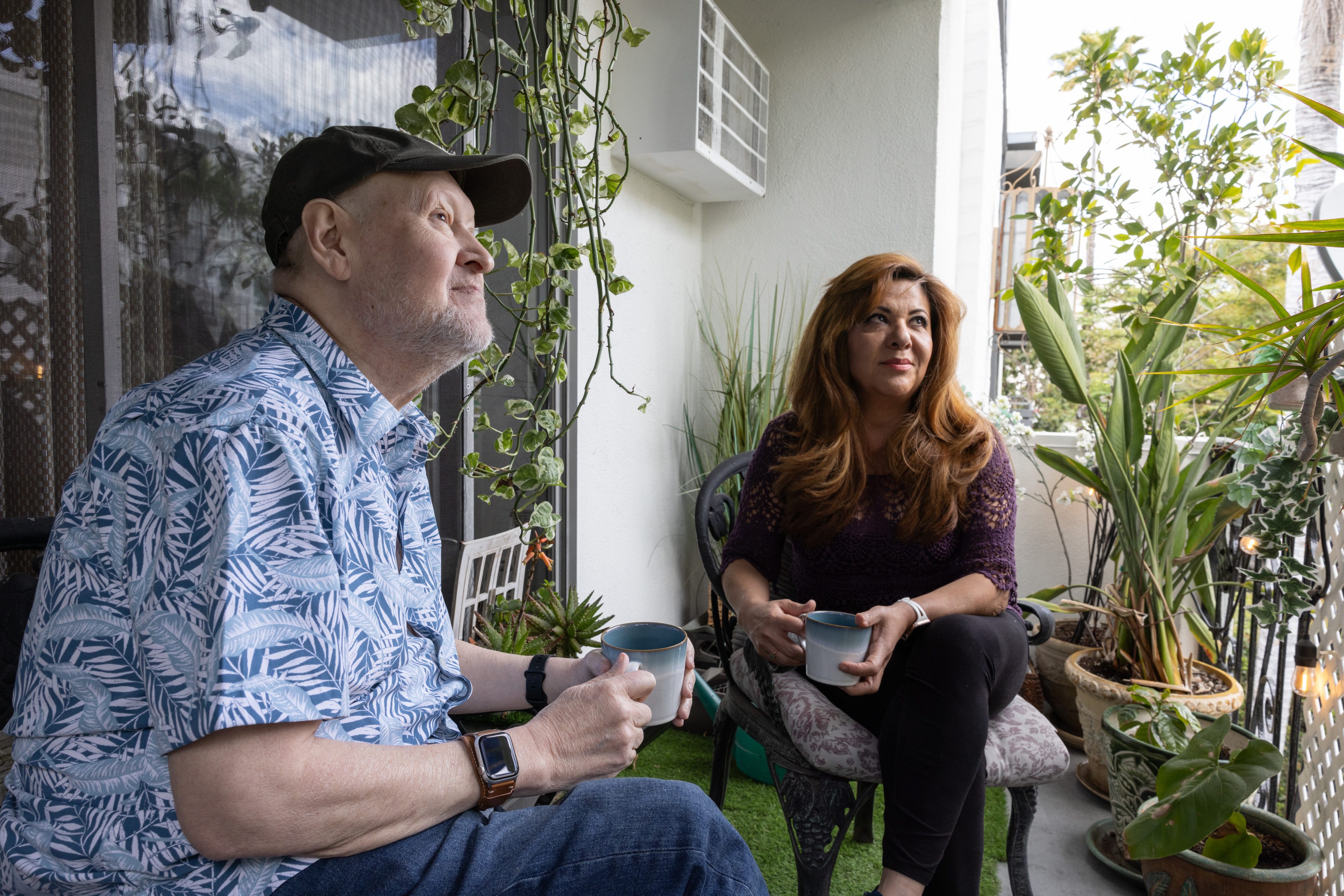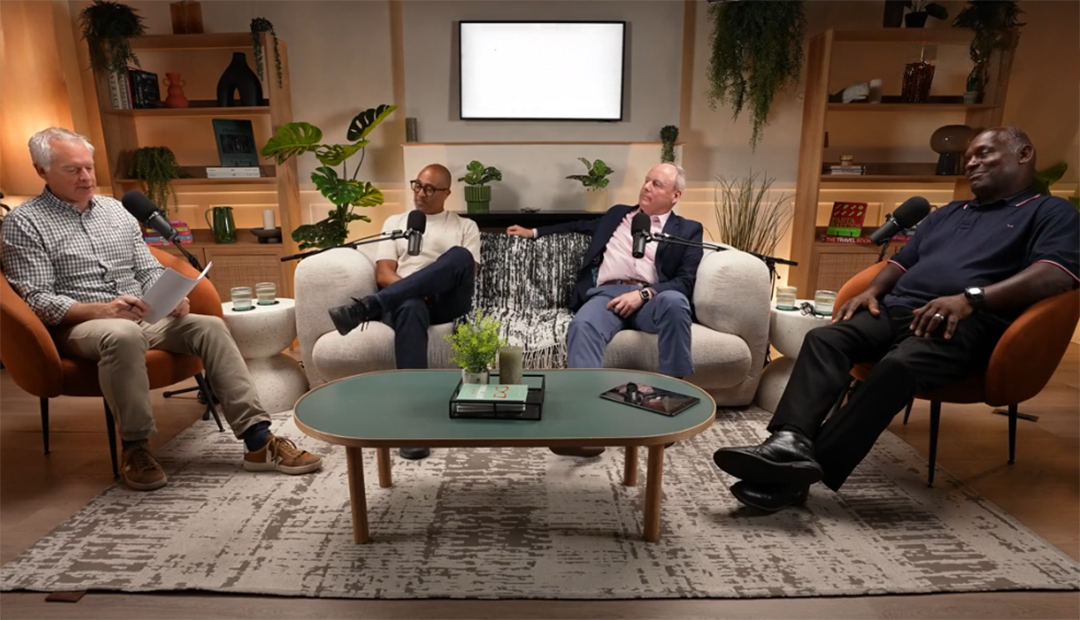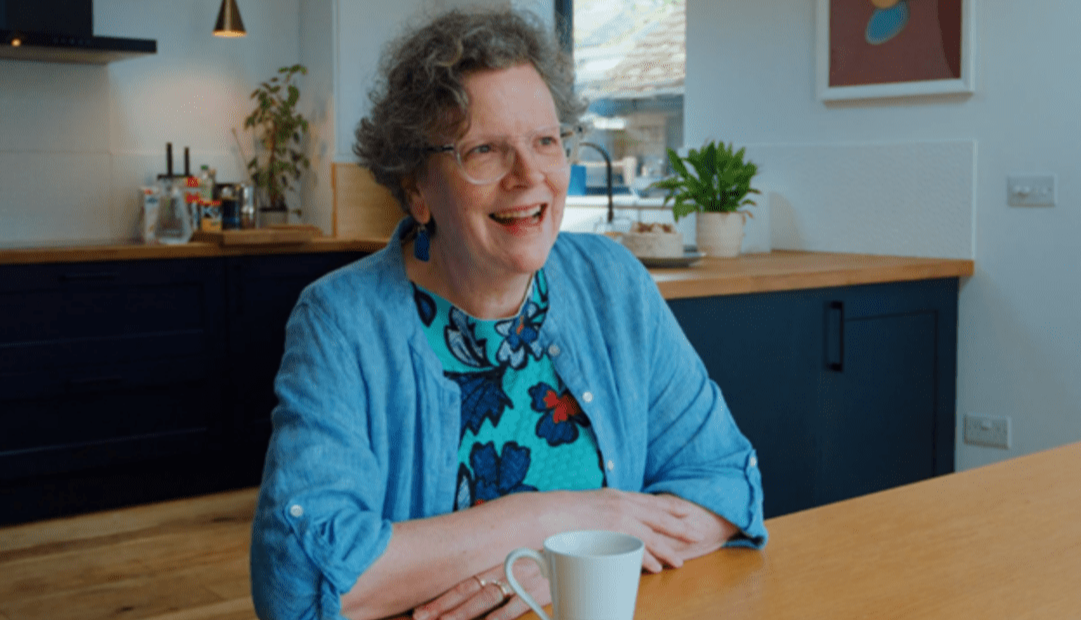Caring for a Loved One with Metastatic Pancreatic Cancer: Nora’s Story

Nora and her husband, Hector, met 39 years ago, got married shortly after, and have been inseparable ever since. In 2021, Hector was diagnosed with metastatic pancreatic cancer, which threw their entire family into navigating a very difficult diagnosis. Nora has taken on the role of Hector’s advocate and caregiver.
Metastatic pancreatic cancer is one of the hardest to detect and most difficult cancer types to treat when compared to all solid tumor types.1 Emotionally, metastatic pancreatic cancer can affect daily life, negatively impacting a patient’s psychological and emotional well-being just as quickly as their physical health. Since the diagnosis is serious with an average survival of less than two years2 , people diagnosed and their loved ones experience stress, uncertainty and a mix of other emotions.
For Hector, the first sign he had that something wasn’t quite right was when he started having problems with his stomach. A visit to the gastrointestinal doctor revealed spots on his pancreas, which he was told were not a big deal. But, after about three more months and numerous visits to the hospital, one day, Nora noticed that Hector’s skin had a yellow hue. The couple rushed to the hospital, where Hector was diagnosed with stage IV metastatic pancreatic cancer. Speaking to the severity of the diagnosis, Nora said, “we both knew what it meant.” It was devastating news for their family, especially after being told nothing was wrong.
But, the couple decided they would not give up. “We’re going to fight it. We’re going to do everything we can,” explains Nora. She made it her mission to become Hector’s best advocate by joining him at all of his doctor’s appointments and keeping a notebook of everything to remember – from names of doctors to ideas about how she could support Hector with nutrition.
Nora reminds people who are caring for a loved one that it’s important to make time for yourself and maintain your own physical and mental health as a caregiver. She notes that by taking care of yourself, you’re enabling yourself to best support your loved one. For her, she finds respite when listening to music and loves going for hikes to clear her head.
Although Hector and his family have a very difficult diagnosis of metastatic pancreatic cancer, Nora
believes in the power of positivity and offers advice to others going through a similar situation: “Don’t give up. There’s always hope.”
Pancreatic cancer facts
- Pancreatic ductal adenocarcinoma (PDAC) is the most common type of cancer that forms in the pancreas.2,3
- More than 500,000 people are diagnosed with PDAC globally each year.4
- There are no specific symptoms in the early stages, leading to PDAC often being detected late and after the disease has spread to other parts of the body (metastatic or stage IV).5
- Weight loss, abdominal pain and jaundice are the most common symptoms at later stages of disease.6
1 Orth, M., Metzger, P., Gerum, S. et al. Pancreatic ductal adenocarcinoma: biological hallmarks, current status, and future perspectives of combined modality treatment approaches. Radiat Oncol 14, 141 (2019). https://doi.org/10.1186/s13014-019-1345-6
2 https://www.cancer.net/cancer-types/pancreatic-cancer/statistics. Accessed: January 2024.
3 https://www.cancer.org/cancer/types/pancreatic-cancer/about/what-is-pancreatic-cancer.html. Accessed January 2024.
4 GLOBOCAN 2020 Cancer Today. Available: https://gco.iarc.fr/today/online-analysis-table?v=2020&mode=cancer&mode_population=continents&population=900&populations=900&key=asr&sex=0&cancer=39&type=0&statistic=5&prevalence=0&population_group=0&ages_group%5B%5D=0&ages_group%5B%5D=17&group_cancer=1&include_nmsc=0&include_nmsc_other=1. Accessed: January 2024.
5 Sarantis et al. Pancreatic ductal adenocarcinoma: Treatment hurdles, tumor microenvironment and immunotherapy. World J Gastrointest Oncol. 2020 Feb 15; 12(2): 173–181. DOI: 10.4251/wjgo.v12.i2.173
6 www.cancer.org/cancer/types/pancreatic-cancer/detection-diagnosis-staging/signs-and-symptoms












